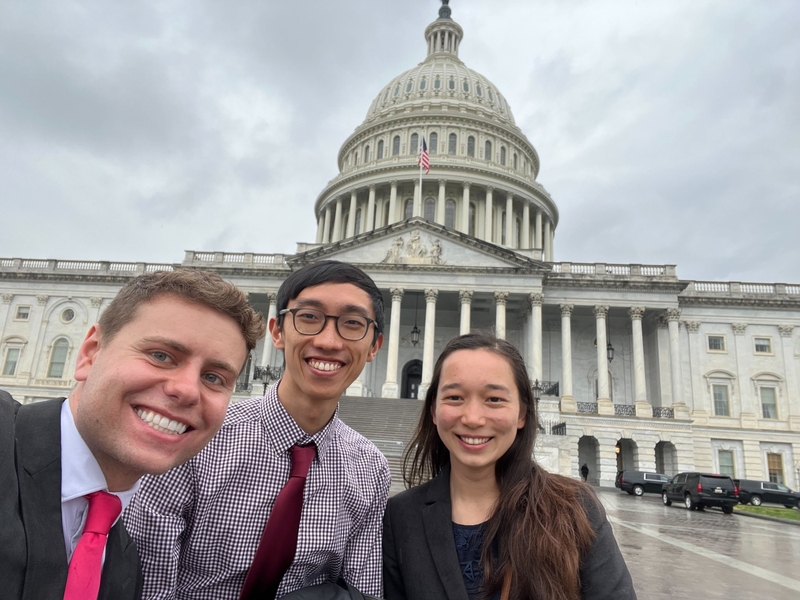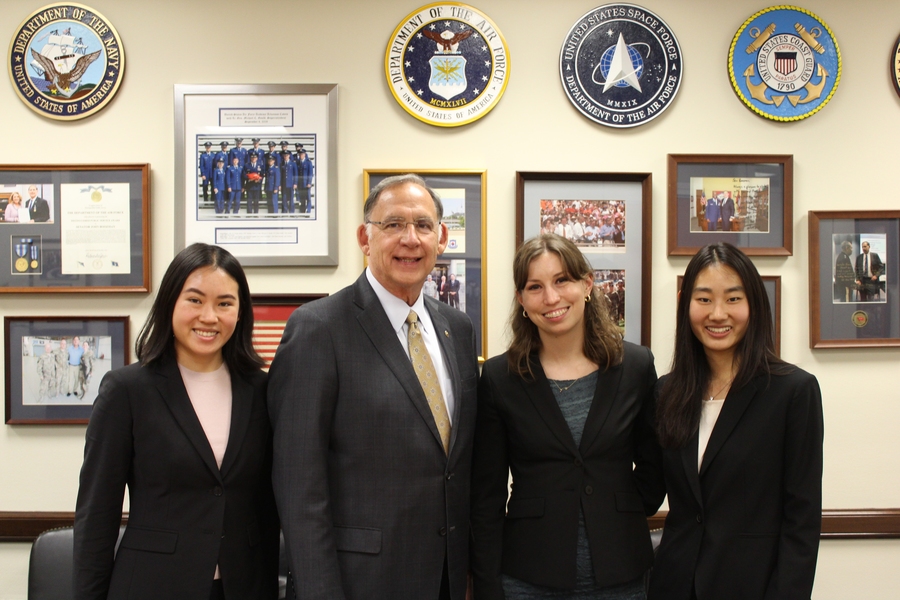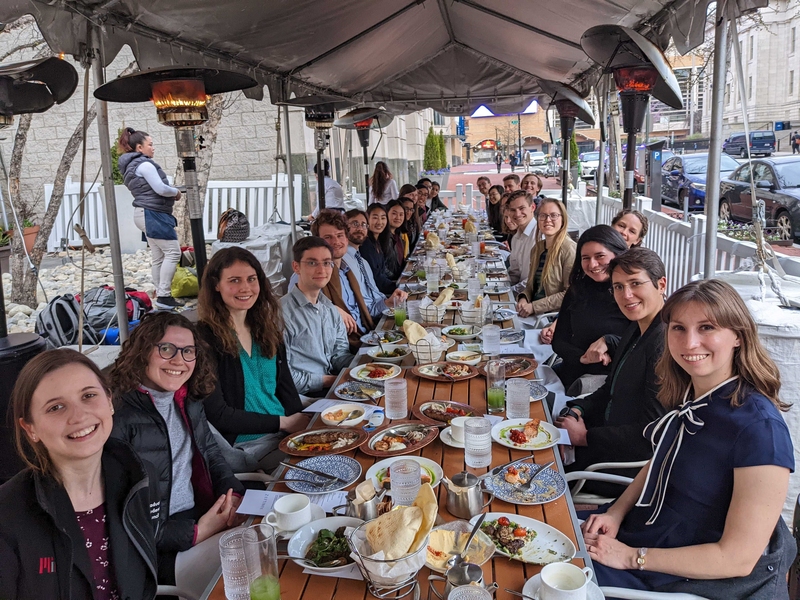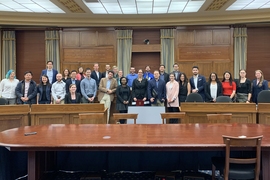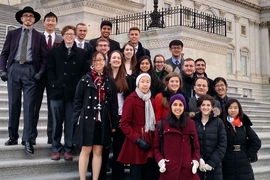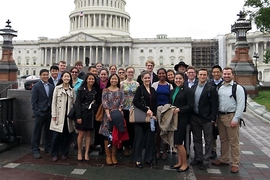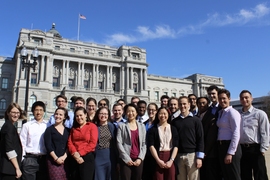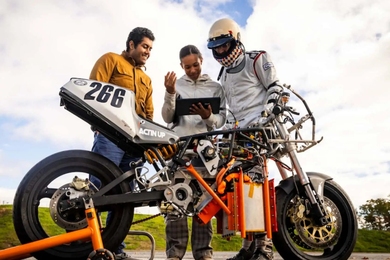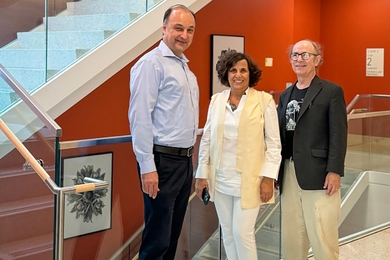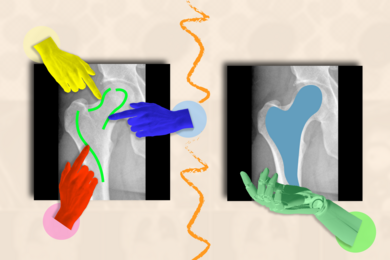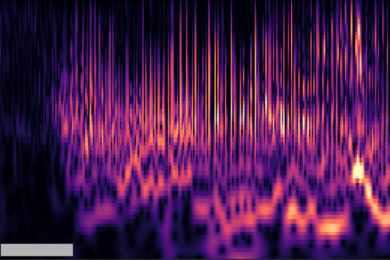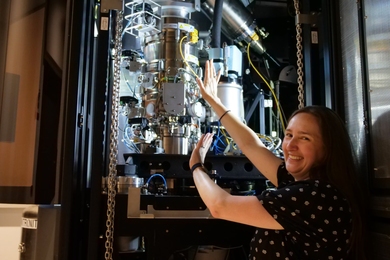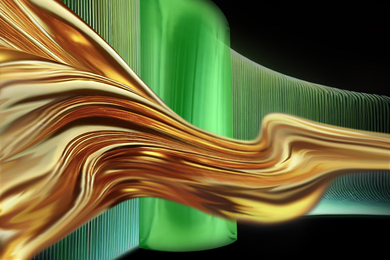Sixteen MIT students and postdocs recently traveled to Washington to advocate for federal funding of scientific research for the 2023 fiscal year. Congressional Visit Days (CVD) are an effort organized by the MIT Science Policy Initiative (SPI), a student group that works at the intersection of policy and research. On April 5-6, students met with 34 congressional offices representing 18 states to speak with congresspeople and staffers about why scientific funding matters to them and how it has influenced their work.
Participants of CVD underwent multiple training sessions to learn about mechanisms of science policy, the political landscape of scientific funding, and communication strategies for policy asks. Participants had the chance to meet with the MIT Washington Office for a briefing about specific appropriations requests. Through CVD and meetings with MIT alumni currently involved in science policy, students had the opportunity to bring attention to the importance of continued government investment in science and to learn about potential career trajectories in policy.
Students and postdocs represented diverse personal experiences and views on the importance of scientific funding, ranging from federal grants supporting their graduate school research to Covid-19 disrupting significant laboratory activity. Tess Carter, a PhD student in the Department of Civil and Environmental Engineering, organized CVD along with Rebecca Black, a PhD student in the Department of Biological Engineering. Carter says, “After so many years of virtual interactions of all kinds, it was really powerful to sit across from congressional staffers and talk to them about why federal research funding is so important. We were able to share our experiences on how federal funding has helped us get into and stay in research, and how the pandemic led to challenges and ingenuity within the system.”
Specifically, CVD participants advocated for increasing the federal budget past inflation for scientific programs like the National Institutes of Health, National Science Foundation, and Department of Energy. They also discussed bills currently circulating to achieve this, such as the House COMPETES Act (H.R.4521) and the Senate United States Innovation and Competition Act (USICA) (S.1260).
Diane Zhang, an undergraduate student studying computer science and molecular biology, remarks, “I found it meaningful how appreciative congressional offices were that we came to meet with them. We were there to not only discuss the cost of scientific federal programs, but their value in terms of research output and supporting a career in science.”
Overall, the group advocated for an additional $112.693 billion for scientific funding for fiscal year 2023 across 11 federal scientific agencies and five appropriations subcommittees.
